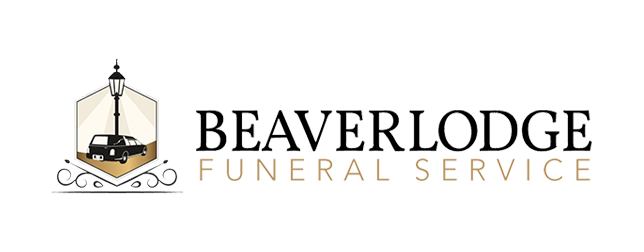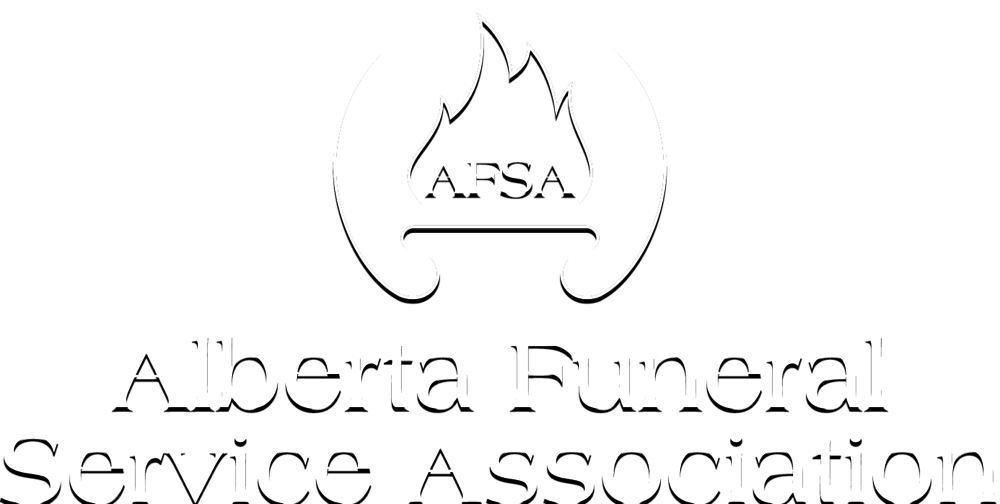
PROCEDURES FOR A PLANNED HOME DEATH
Dying persons have the right to choose to die at home, surrounded by their loved ones. Individuals and their families, whose choice is a planned home death can expect that their wishes will be respected, and they will receive support and coordinated care.
Decision making for a planned home death should be a collaborative process giving primary consideration to what is in the best interest of the patient and family and involving the patient/family, family physician, nursing personnel and others as needed.
Discuss option of in-home death with your physician.
Make a Plan with your family physician so you are clear about what will happen and family/friends will know what to do at the time of death.
Your Plan Will Include:
- Who will pronounce the death?
- How your physician can be reached?
- What alternative arrangements have been made should your physician be unavailable and cannot be reached?
Patients wishes should be clarified by signing a NO CARDIOPULMONARY RESUSCITATION (CPR) form.
MAKE PREARRANGEMENTS WITH A FUNERAL HOME
Such arrangements will normally involve making plans with the Funeral Director for transportation of the deceased after death and the options available for final disposition.
How Will I Know Death Occured?
Even though death is expected, you may not be prepared for the actual moment it occurs. At the time of death:
- There will be no response
- There will be no breathing
- There will be no pulse
- Eyes will be fixed in one direction
- Eyelids may be opened or closed
- There may be loss of control of the bladder or bowel
The procedures followed prior to and after death by nurses, physicians and funeral directors will be different from province to province. If your loved one is living with a terminal disease you should ask your physician and funeral director what the procedures are in your area.
PLANNED HOME DEATHS ARE ANTICIPATED EVENTS.
WHEN THE DEATH OCCURS …
DO NOT CALL 911, THE POLICE, OR THE FIRE DEPARTMENT
After Death Has Occurred
If you have health care professionals involved in the care of the dying person, they should be notified of the death. They are available to provide you with emotional support and assistance regarding phone calls to the physician and the funeral home.
A physician must be called by the nurse or the family so that the death can be certified.
At the same time, it is necessary to call the funeral home to inform them that your loved one has died.
You may spend as much time as needed with the deceased person. Do not be afraid to touch, hug or kiss the person. Some people may wish to lie down beside him/her.
CALL Beaverlodge Funeral Service when you are ready. Each death is different. It can be a time of crisis or relative calm. It is not necessary to call immediately. Take time to call the relatives and friends you want to be with you. Once the physician or other authorized person has been to your home and pronounced the death, and you feel ready, call Beaverlodge Funeral Service and arrange for the transfer.
COMMUNITY EVENTS
Beaverlodge Funeral Service is proud to be a part of our community. We aim to regularly offer services, like grief support groups and healing meetings, as well as other activities. We keep this page up-to-date and are always happy to answer any questions you may have.
OBITUARIES AND TRIBUTES
We understand that it is not always possible to attend a service in person. In light of this, we've created beautiful interactive online tributes to memorialize your love one. Leave a condolence, share a memory, post a photo, light a candle, and more!
When posting a condolence or gesture onto a Tribute Page, please be advised it goes through an approval process before being published. Sorry for any inconvenience this may cause.
PRE-PLANNING
Many people plan for life events such as weddings and vacations well in advance, but many people do not plan for something that is certain to happen, their funeral. While most people do not want to think about their own mortality, the time to pre-plan your funeral is now.
IN THE HEART OF OUR COMMUNITIES



